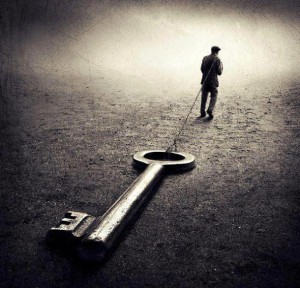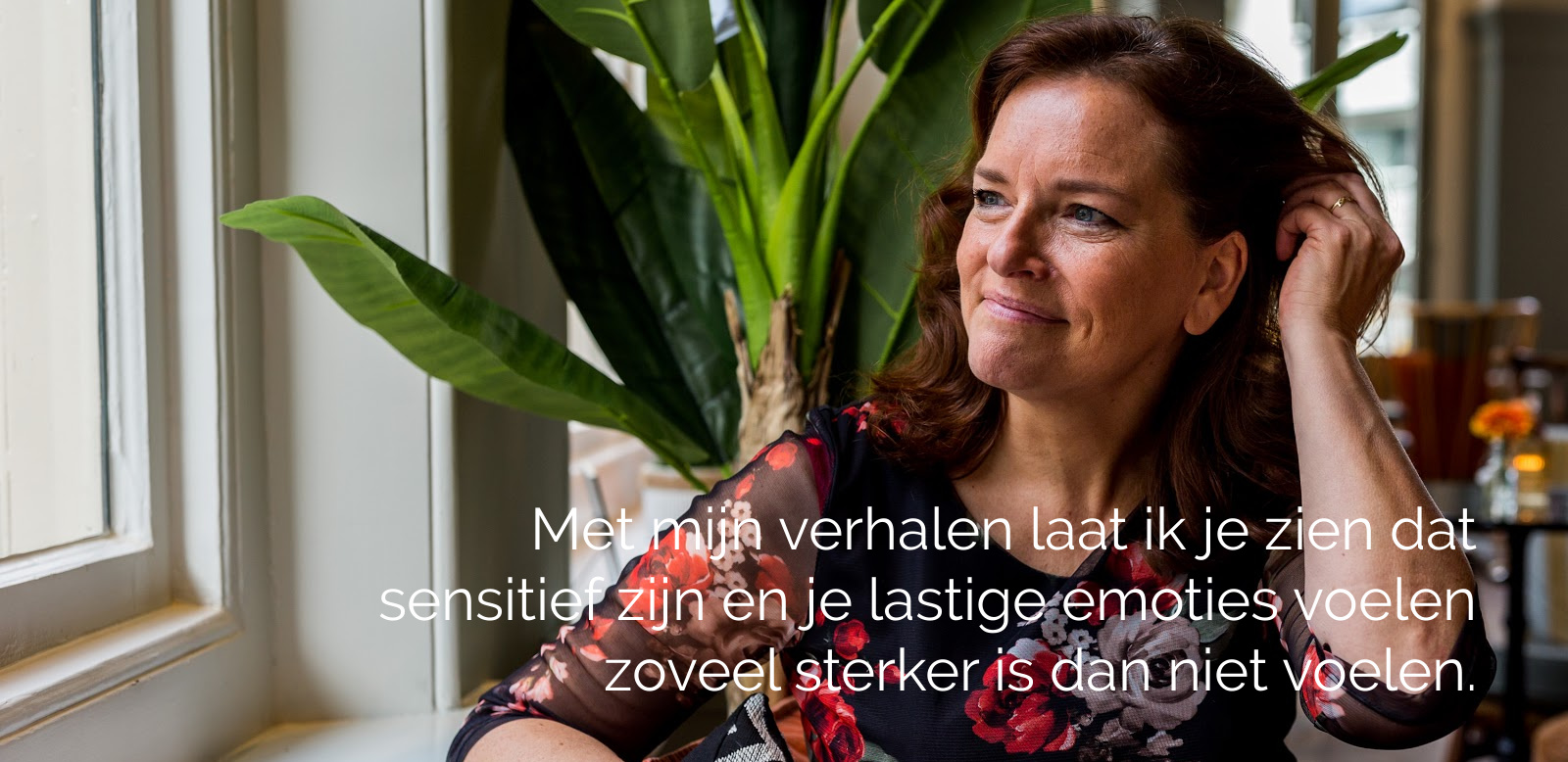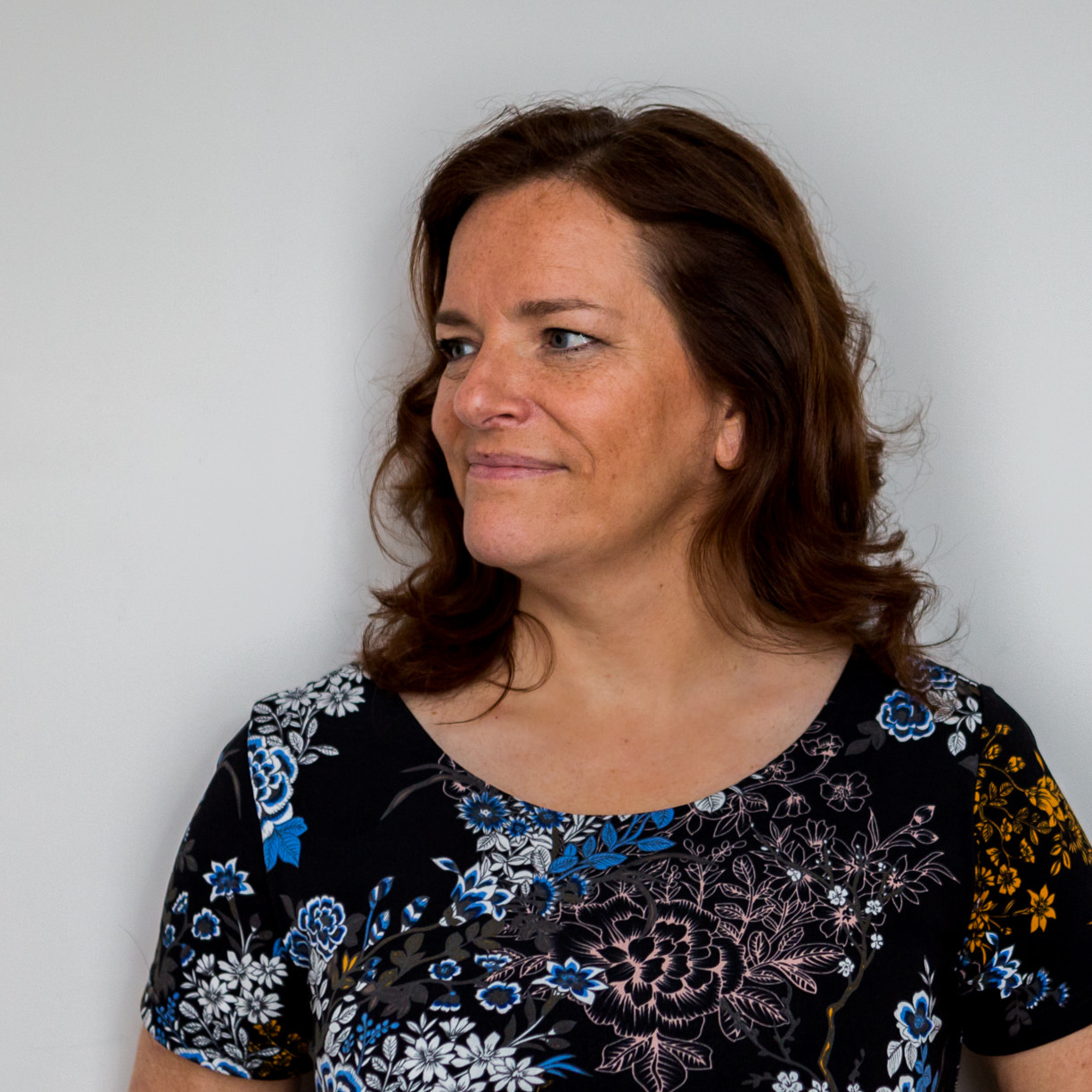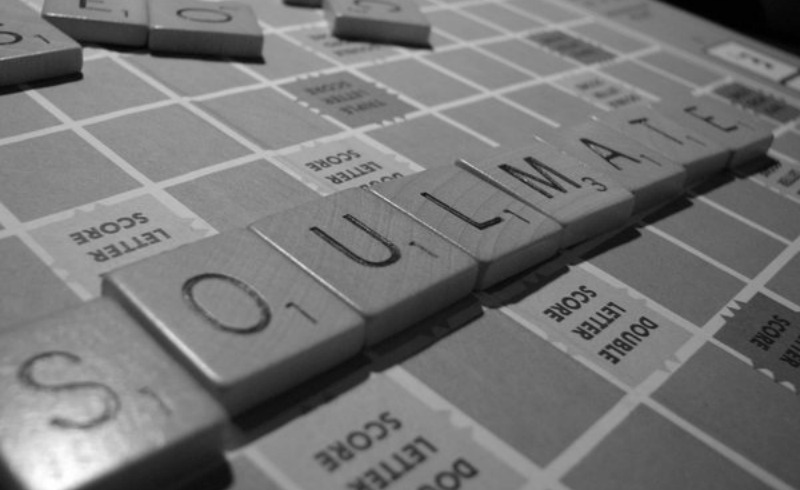You do have options
‘You do have options’. I remember a friend telling me this. At that moment I looked at him mystified. I heard what he said, but the words didn’t really resonate with me. It sounded so obvious, that you were always able to choose. Are you? Do you always have a choice? What if you’re not aware that there are other options? What if fear and insecurity impede your ability to make a decision? There is however one option that is within reach for everyone.
Unhealthy relationships
A friendship that is out of balance, where one person continually gives more than the other. A work environment which isn’t motivating you anymore and where you’re restricted of using your talents. Relationships where instead of an open communication there is only room for bottled up emotions such as anger which finally leads to resentment. Family bonds that used to be familiar but now are starting to oppress you and you’re not able to show your authentic self.
When we read these stories, or when we hear them from others, we clearly understand that these situations are unhealthy and that balance is missing. And that change is necessary. Even more so, we would tell this person that something needs to be done and urge them to take a stand. Still, in many cases nothing happens. Or…the moment we end up in one of these situations our self, we notice that even we find it difficult to act.
Why do we keep hanging on in situations that are not doing us any good? The longer this goes on, the risk of an energy drain increases. When this happens we will give away more energy than we’ll receive and the balance shifts. By giving away our energy constantly , we drain ourselves and eventually we feel exhausted and unhappy. The longer we let these situations continue, the more depressed we are starting to feel and the less readily we are able to find a solution. We start to feel confined and limited in our possibilities. We start to feel powerless.
One of the marvels of the world is the sight of a soul sitting in prison with the key in its hand ∼ Rumi
What makes us feeling less important than the other person at such a moment so that we ignore our own needs? Of course we don’t want to be selfish and put ourselves first all the time. But why do we let the balance shift so much and do nothing to improve the situation? Is it habit? Is it laziness? Fear or insecurity? Do we place the responsibility on the shoulders of the other person? Do we walk away without even trying? Or perhaps, we never learned or experienced that things can be better. That we deserve the right to be happy and that we are able to provide that for ourselves. Because it can be better.
The key to freedom is choosing your own happiness
 Choosing your own happiness
Choosing your own happiness
The way to escape feeling confined is by asking yourself if you’re happy. How do you really feel? Are you satisfied with the way things are going? Do you feel bright and full of energy? Do you get up every morning feeling refreshed and energetic? Are you full of new ideas and dying to start something new? When you are confronted suddenly do you react at ease or emotionally?
Being aware how you feel is the first step you can take. Then ask yourself how you do want to feel and what it will take to make you feel happy again. Is it more time and attention? Do you need to change your surroundings? Is it a heart to heart conversation? Is it more love or care? Or different tasks at work?
The moment you choose your own happiness, it will create room to find other options. You are not dependent upon others, you are responsible for your own life. You are powerful. You always have a choice to do something to improve the situation.
That might be sharing your feelings with the other person. Is he or she even aware what’s going on? Share how you feel and what it takes to make you feel optimistic and happy. Share your wishes and desires. Wishes and desires are very different then expectations. ‘I like talking with you’ sounds very different than ‘I need to talk to you’. One is an invitation to connect, the latter sounds more like a demand. The other person still has the freedom to accept the invitation or to decline.
To keep in mind during such a conversation:
- find the right moment, when you’re both are feeling at ease
- find the right place (quiet)
- when you are nervous, prepare and make a list with topics and keywords you want to use
- speak calm but determined (remember it’s rain that grows flowers not thunder)
- tell about how you experience things by using ‘I’ (‘I find it difficult to…’ instead of ‘When you do that, I…’)
- avoid accusations
- express your wishes and desires. What do you need to improve things?
- avoid drama
- listen what the other person is saying
- be honest
- take responsibility for your own emotions and behavior
Remember it’s about sharing your feelings and experiences, it’s not about who is right. And it might even be that you don’t get answers right away, but that the other persons needs time to reflect about what happened. A second or even third conversation might be necessary.
This can be scary, but if the other person values your relationship and wants to make the effort to preserve it, he or she will want to listen to your story. When the other person isn’t cooperative and isn’t willing to listen to your feelings and experience then it might be necessary to change your surroundings and thereby end the situation. Or you stay…and keep feeling unhappy.
It might be that you’re in a situation where you aren’t able to change immediately. As in finding another job or moving out, etc. Essential is that you are aware that it is ok to set healthy boundaries by knowing that your wellbeing and the way you feel are important. And that it is a sign of strength to tell how you feel, even if the other person doesn’t want to listen. Your perception of the situation and your feelings are important. That you know you did your best and tried to improve things. That is what you’ll take into the future into other relationships and situations.
Don’t let unhealthy relationships go on, but make the effort to discuss your feelings and your desires.
The key to feeling free and happy lies in your hand. The question is: what are you going to do with it?
Copyright picture fish: Kelc
Copyright picture key: Sarolta Ban












